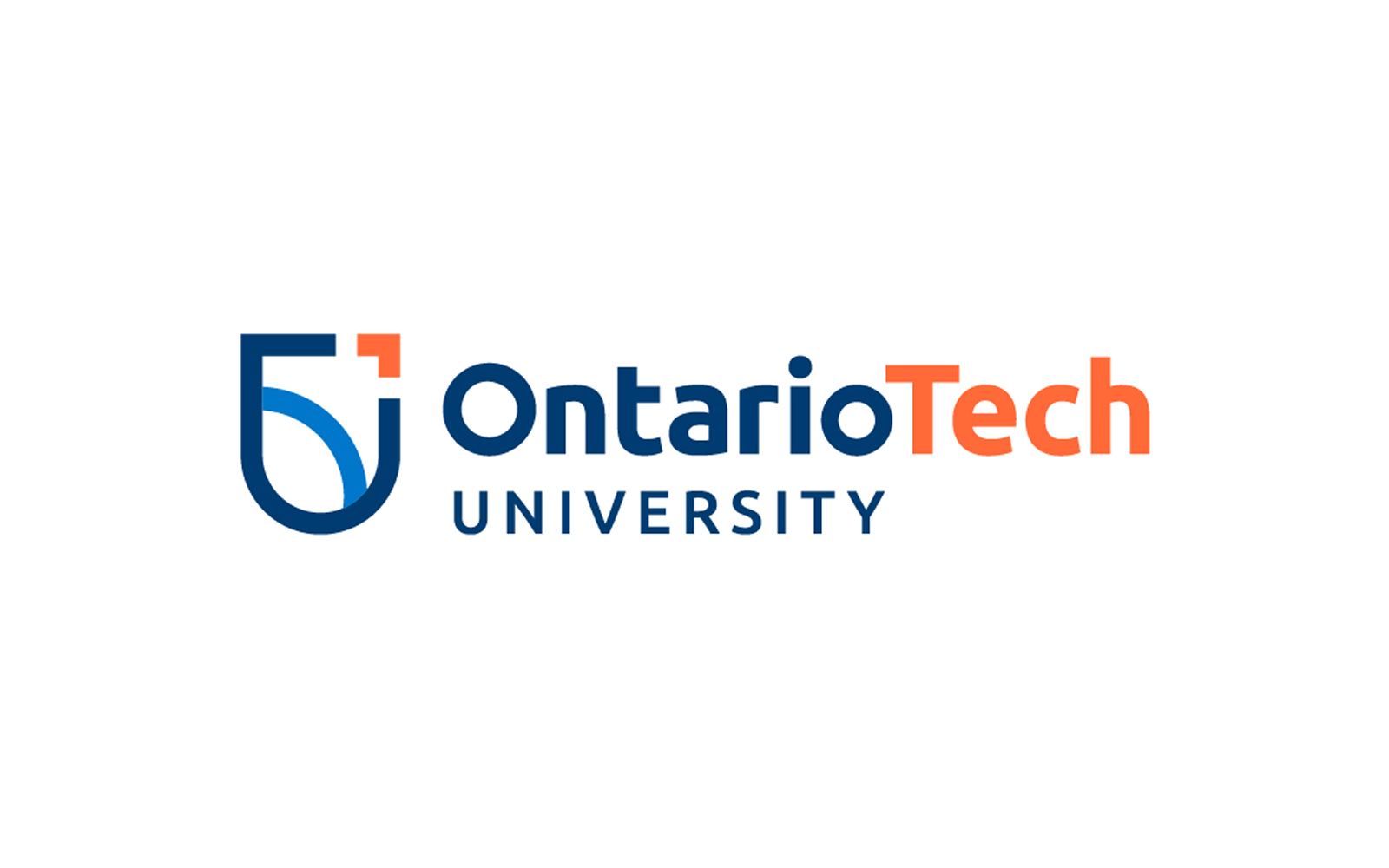Food Security among Adults with Intellectual Disabilities
Principle Investigator: Dr. Janet McCabe (Ontario Tech University)
Co-Investigator: Shafeeq Armstrong (Special Olympics Ontario)

Project Summary
Individuals with intellectual disabilities (ID) face higher risks of heart disease, diabetes, and obesity. Healthcare often prioritizes treatment over prevention, making promotion-based approaches essential for improving long-term health.
This project examined food security among individuals with ID in Ontario, focusing on consistent access to safe, healthy food during the COVID-19 pandemic. Researchers assessed whether athletes had access to culturally appropriate food, grocery stores, and financial resources using the Five A’s of Food Security framework: Availability, Accessibility, Adequacy, Acceptability, and Agency.
Through a Two-Part Online Survey with Adults with ID and Caregivers, Followed by Interviews, the Study Found:
-
Availa-bility:Adults with ID ate less due to financial limitations.
-
Accessi-bility:Grocery stores were nearby, but barriers remained.
-
Adequacy:Many struggled to maintain balanced, nutritious meals.
-
Accepta-bility:Access to culturally appropriate foods declined.
-
Agency:Most lacked control over food choices.
Food insecurity increased by 27% during the pandemic, with 33–41% living on less than $20,000 annually, well below the poverty line. Reduced employment further impacted food access. However, fresh food consumption increased while fast food intake declined, likely due to more home-prepared meals.
Key Messages
-
1Promote Healthy Living & NutritionPrioritize lifestyle-based strategies to improve long-term health, including accessible nutrition education and culturally inclusive meal planning.
-
2Improve Food Access & Economic StabilityProvide affordable shopping tips while advocating for greater support to reduce financial barriers affecting food security and athlete participation.
-
3Support Meal Preparation SkillsTeaching cooking and grocery shopping strategies can help individuals with ID become more independent in making healthier food choices.

